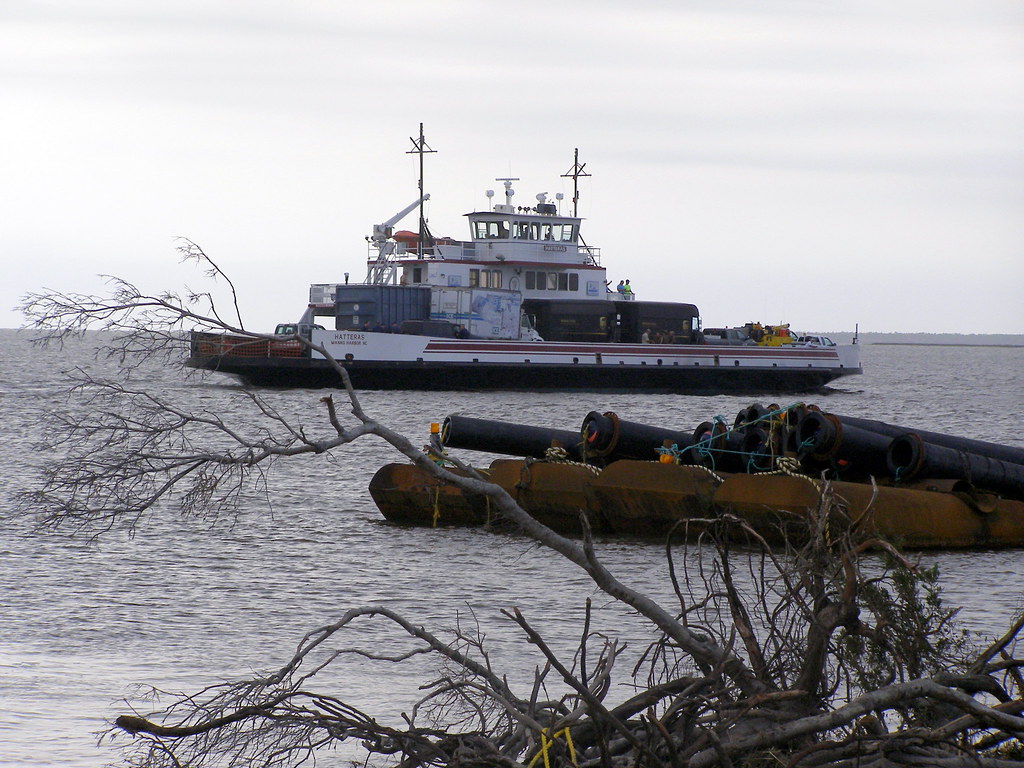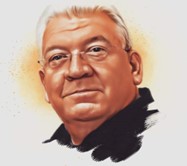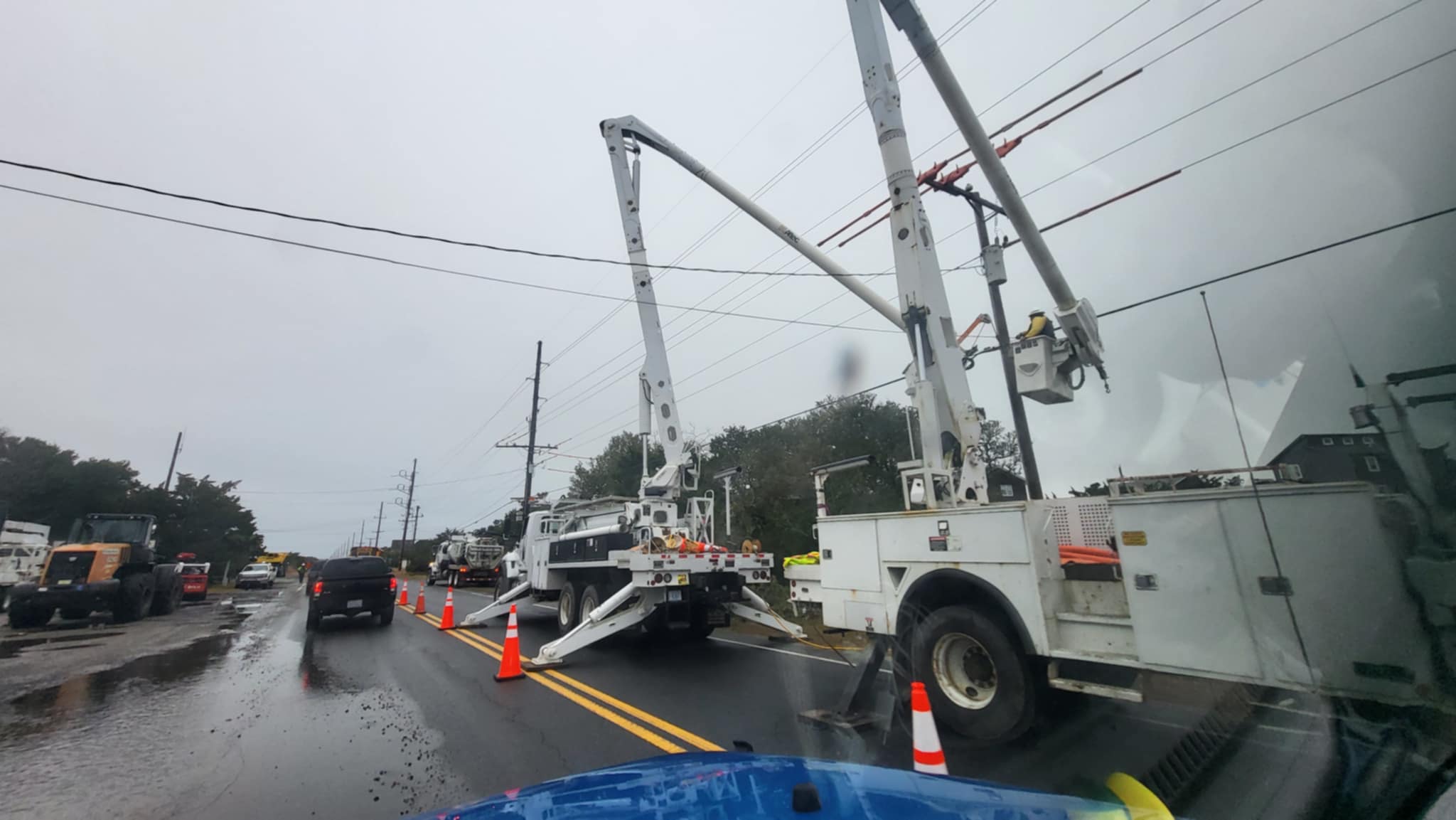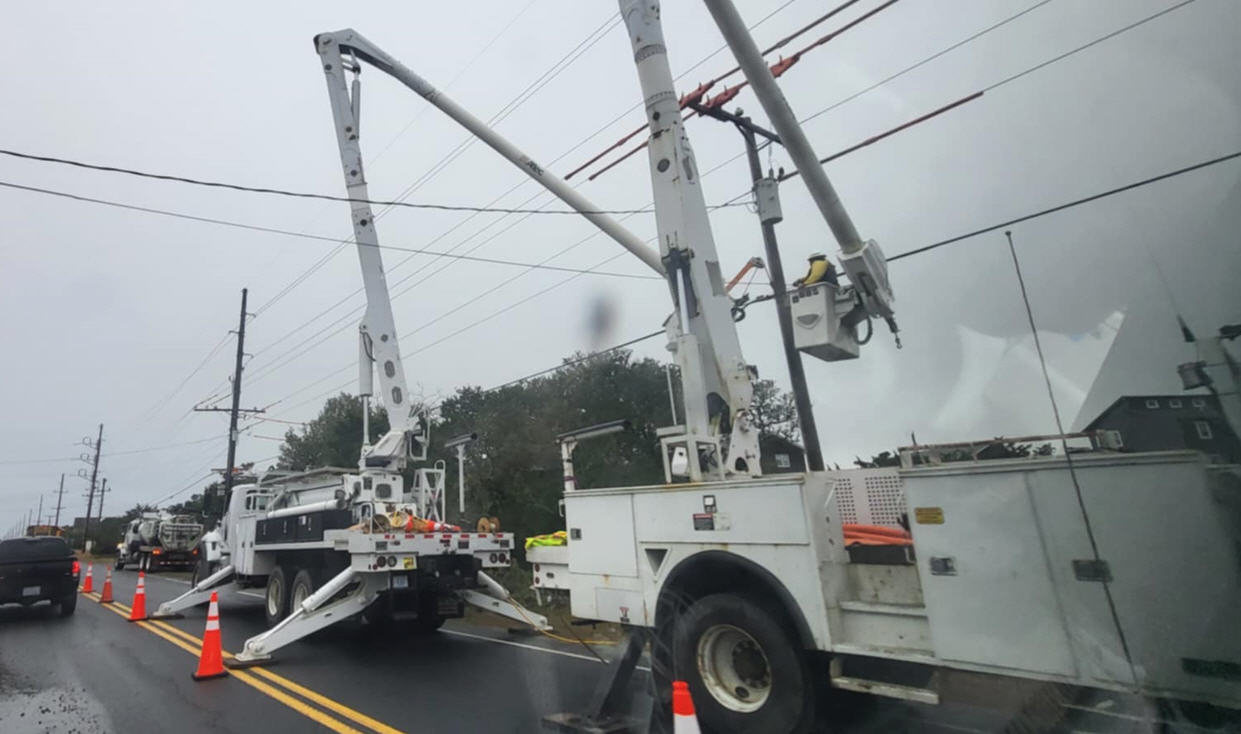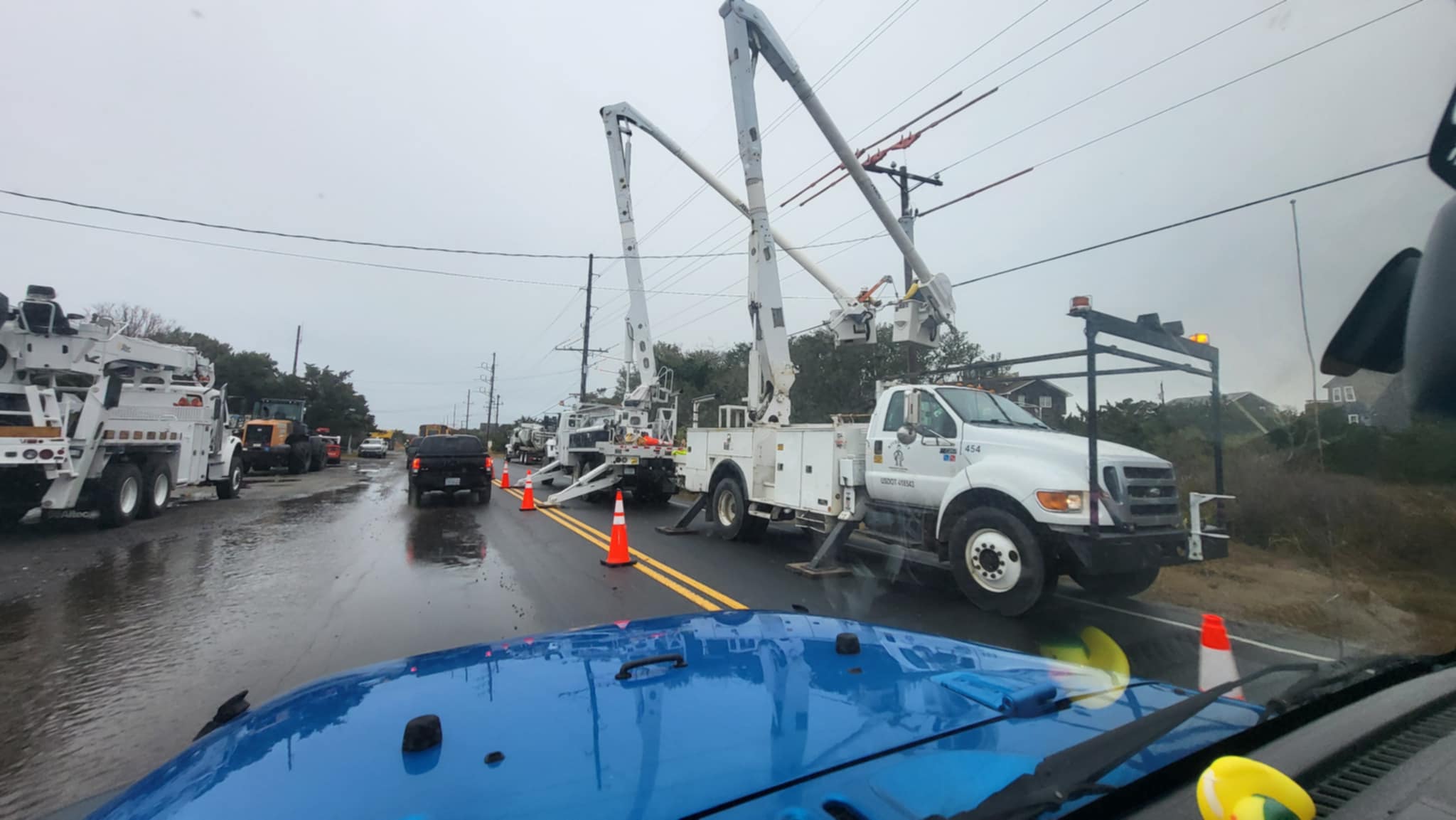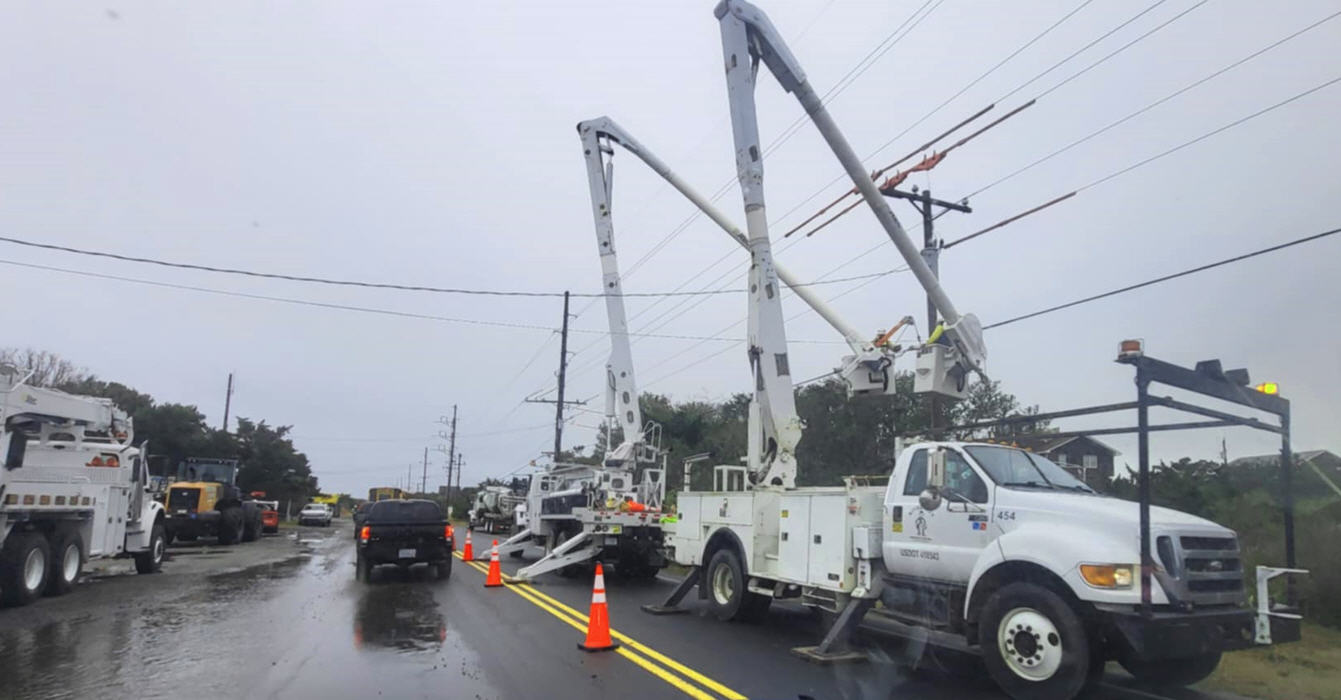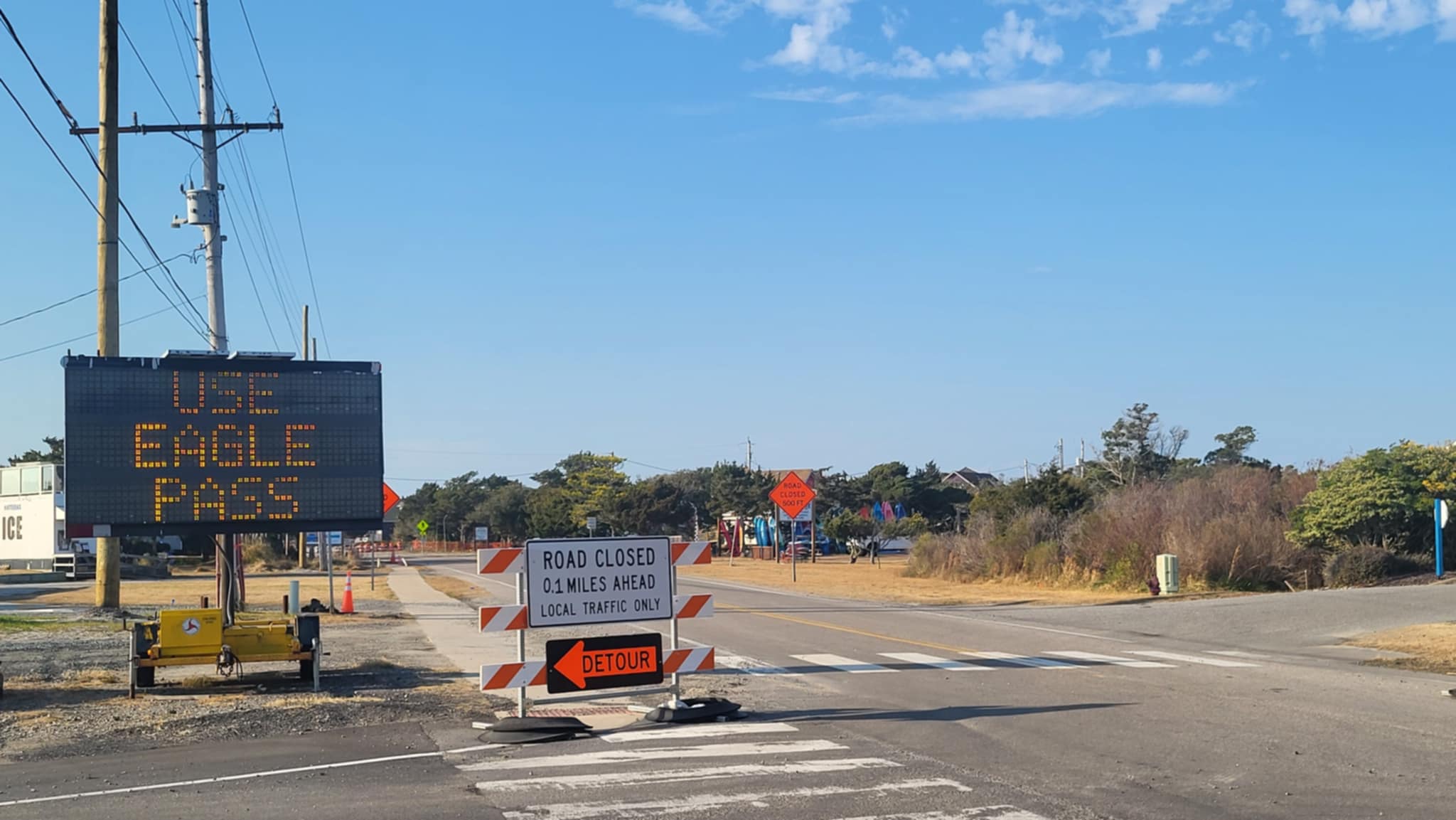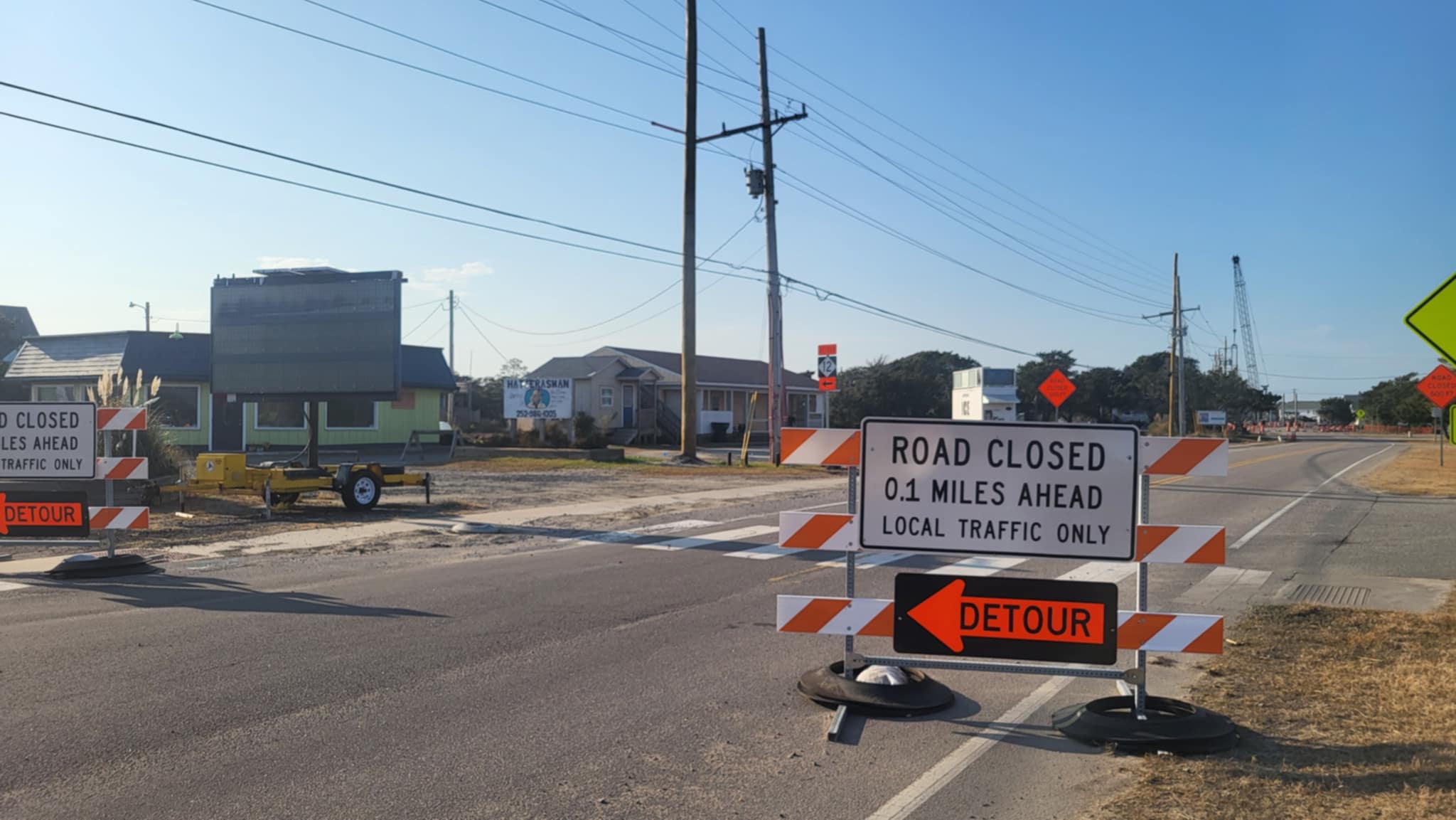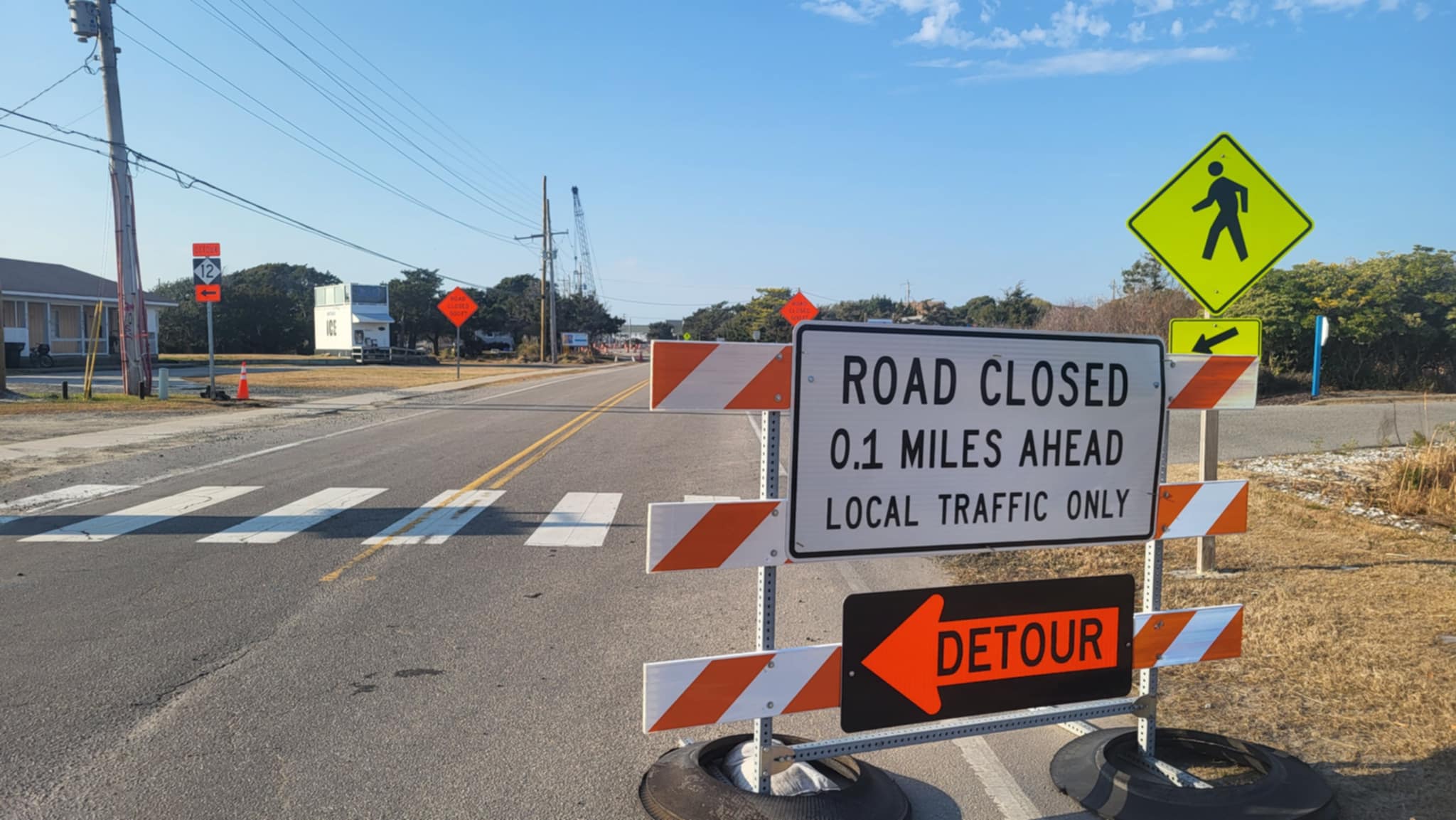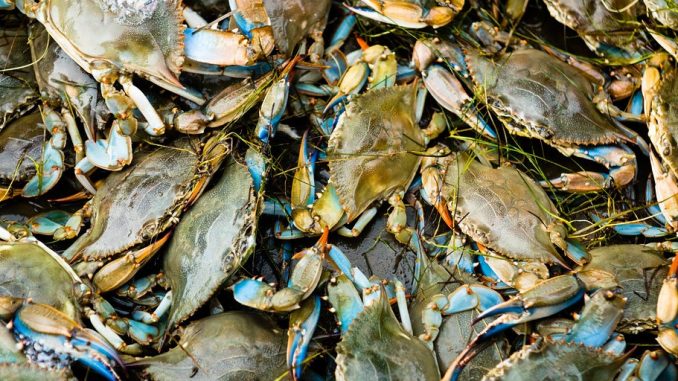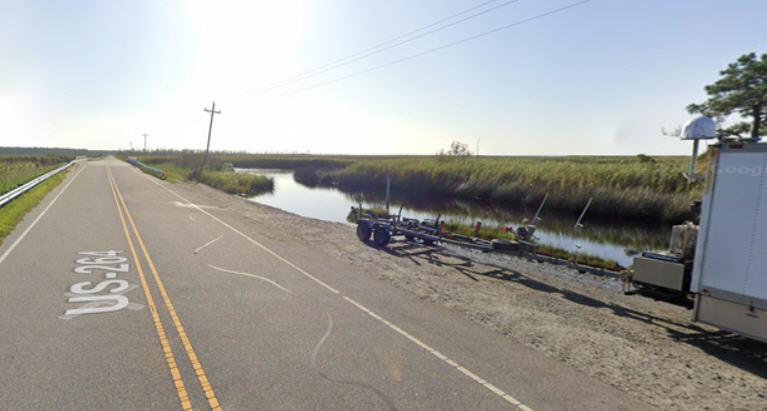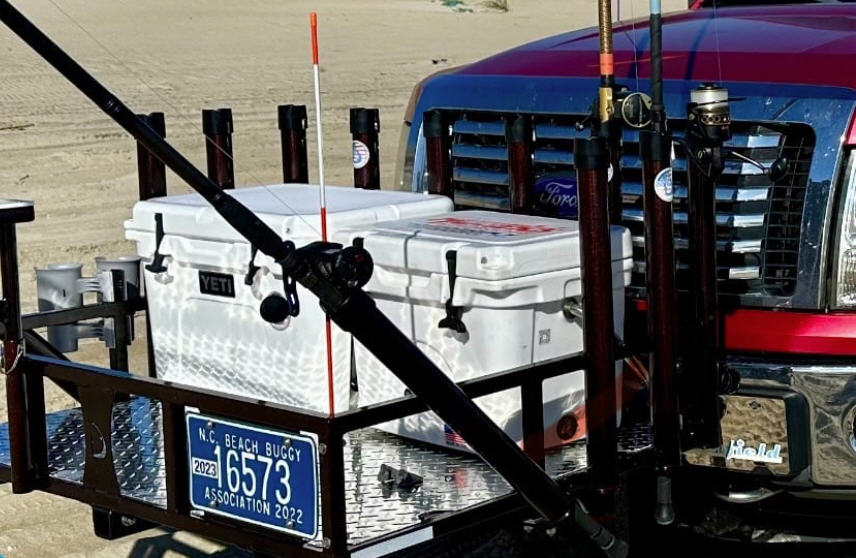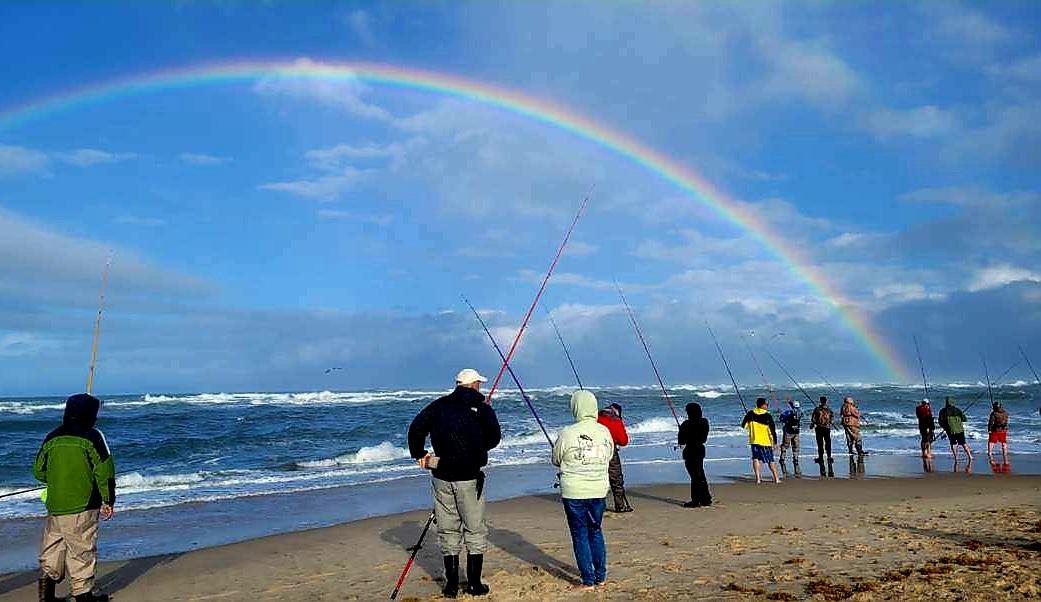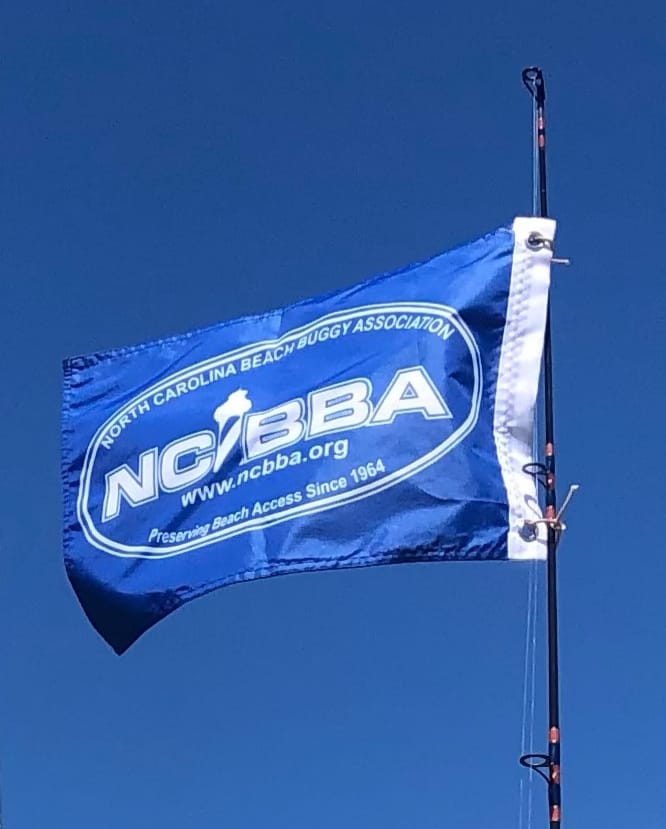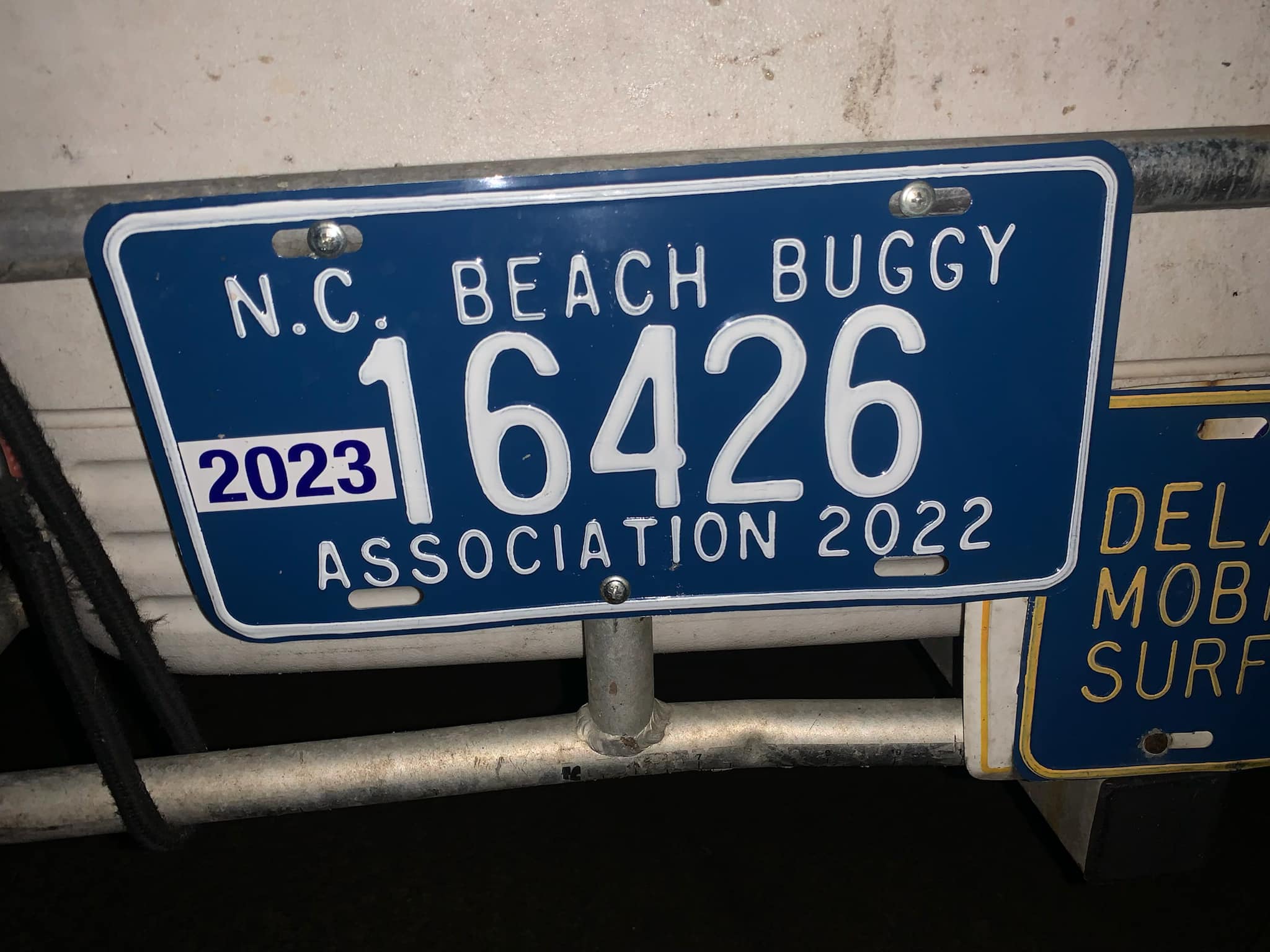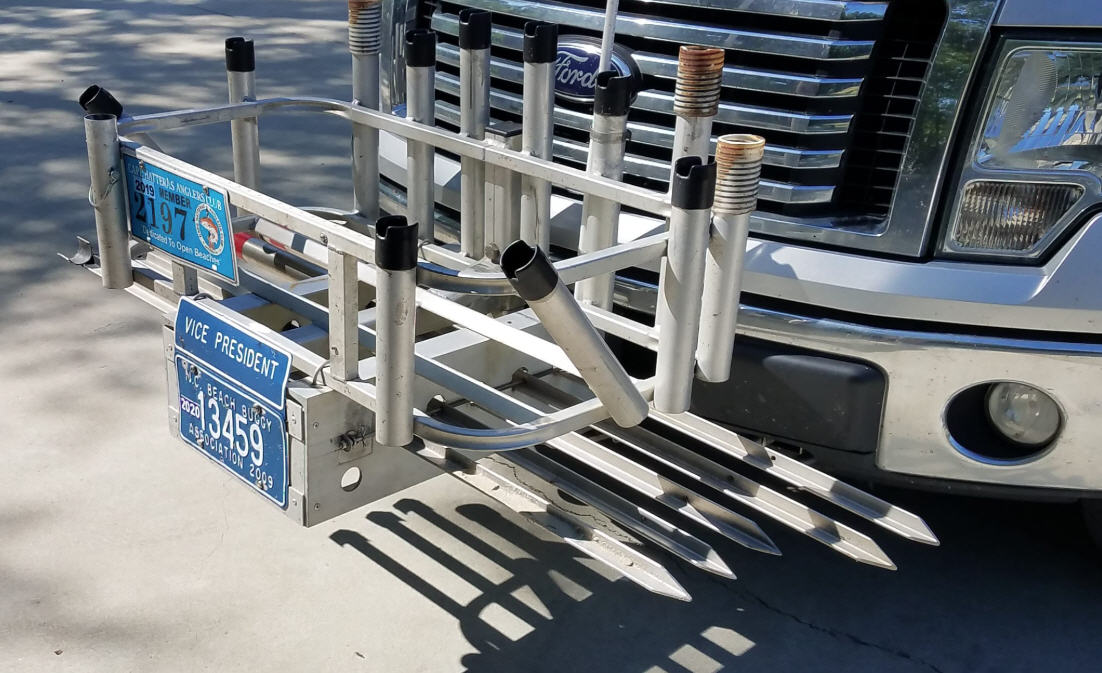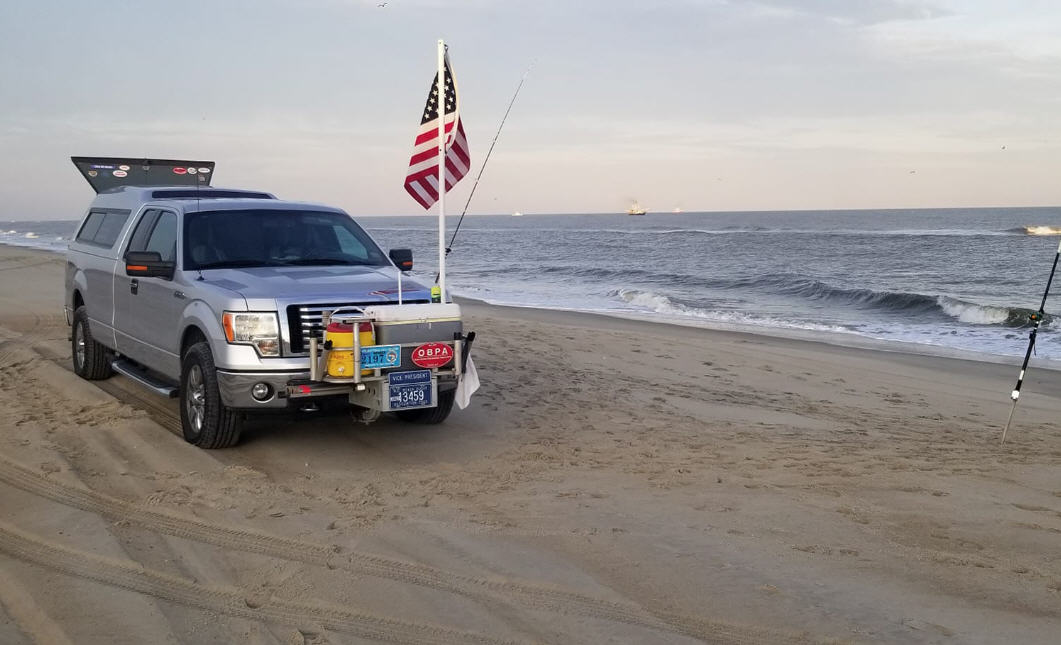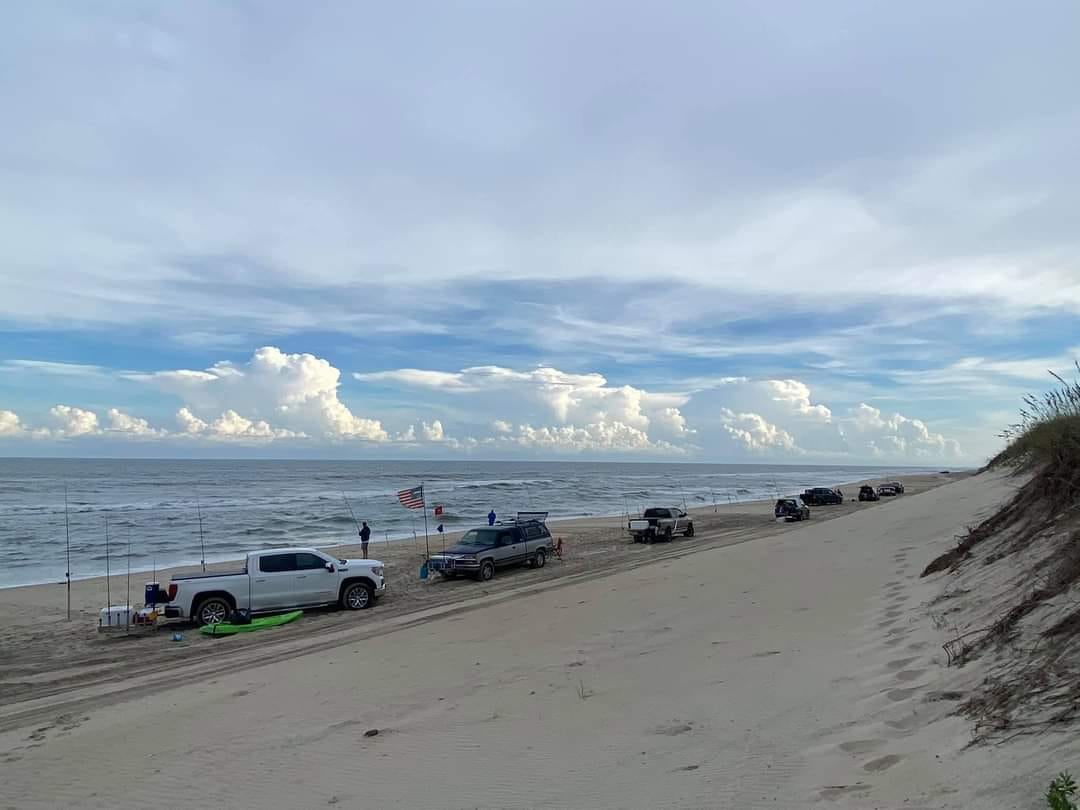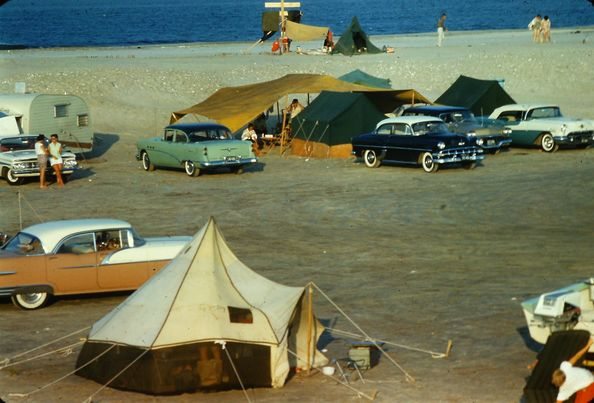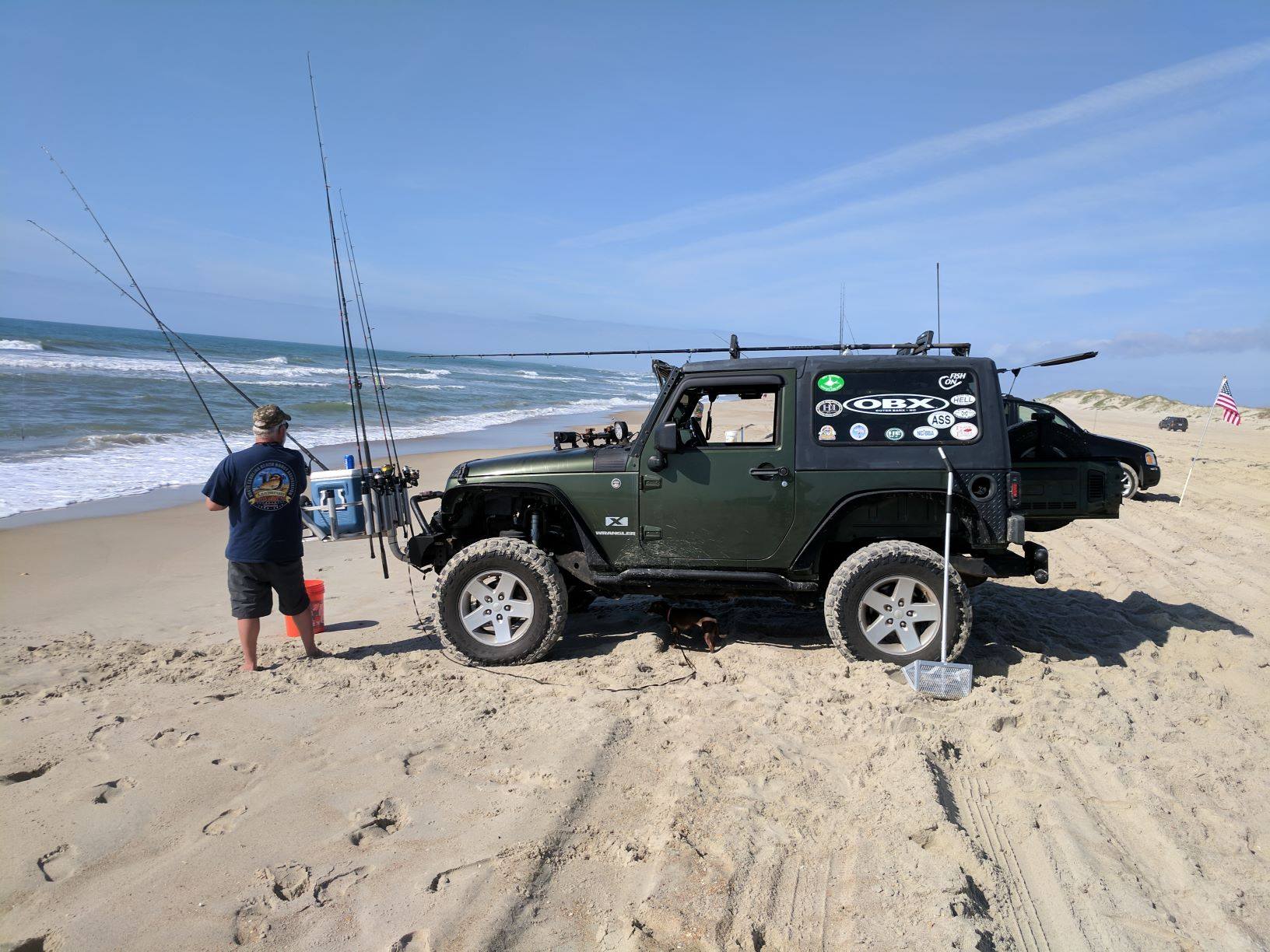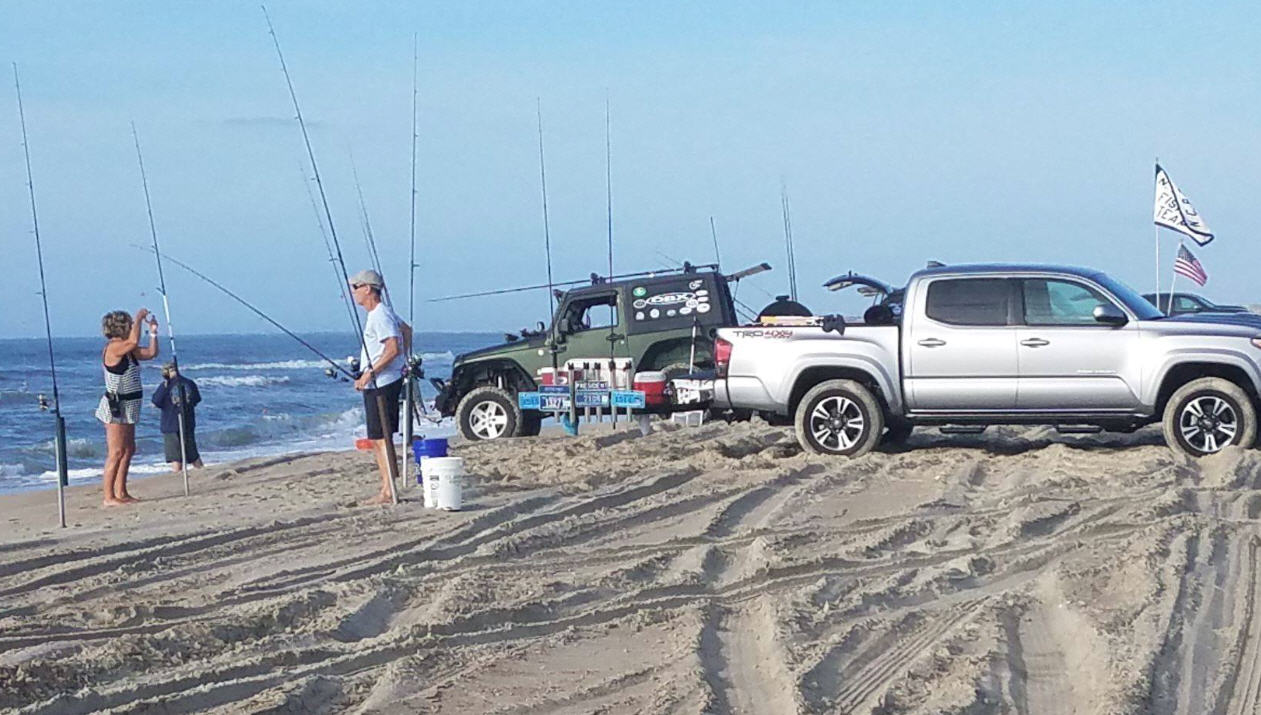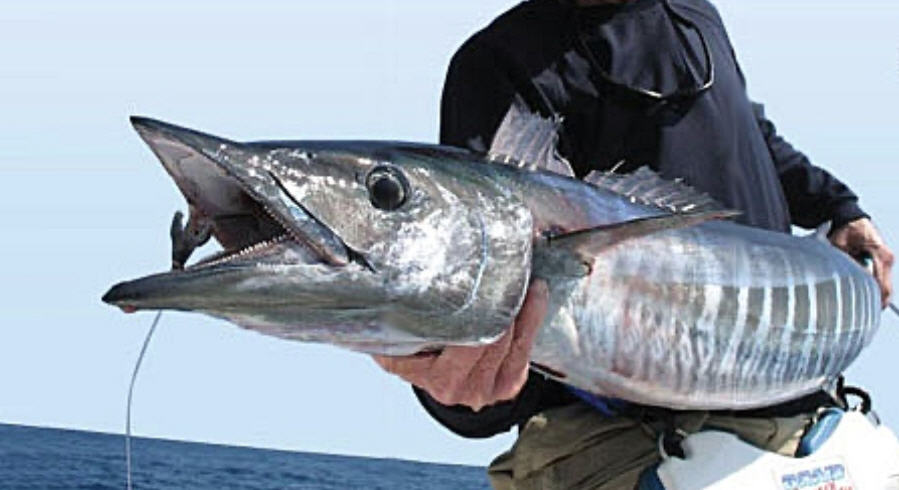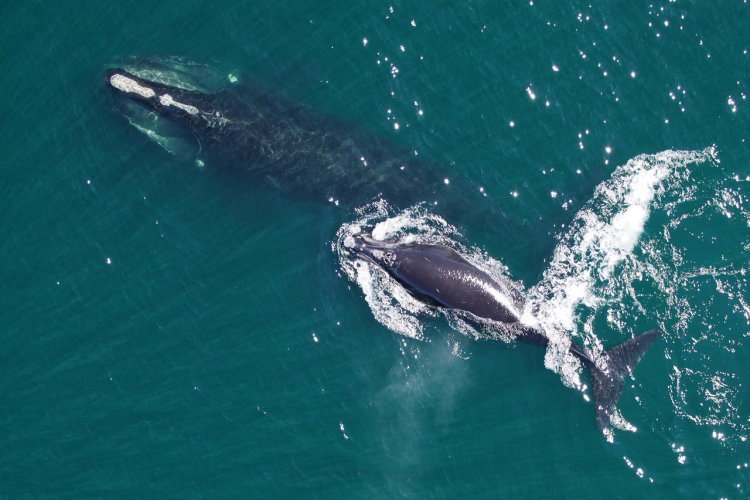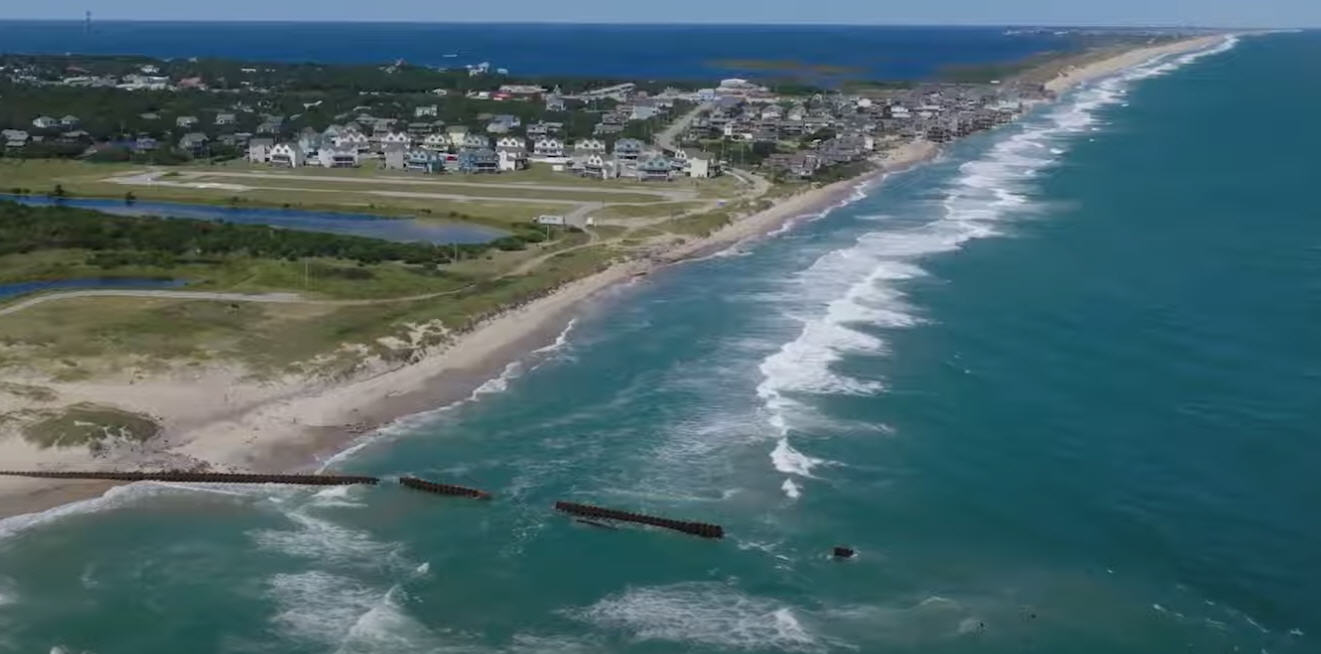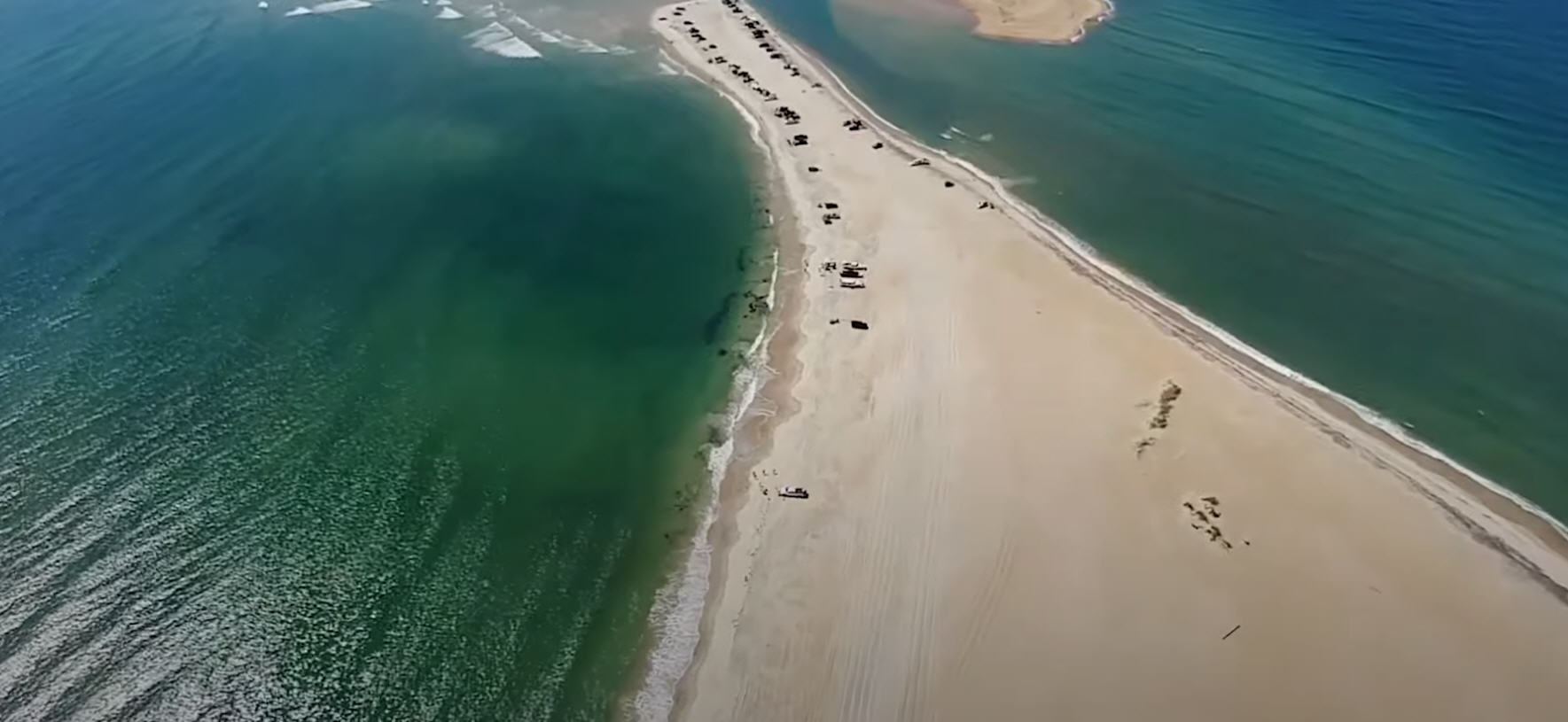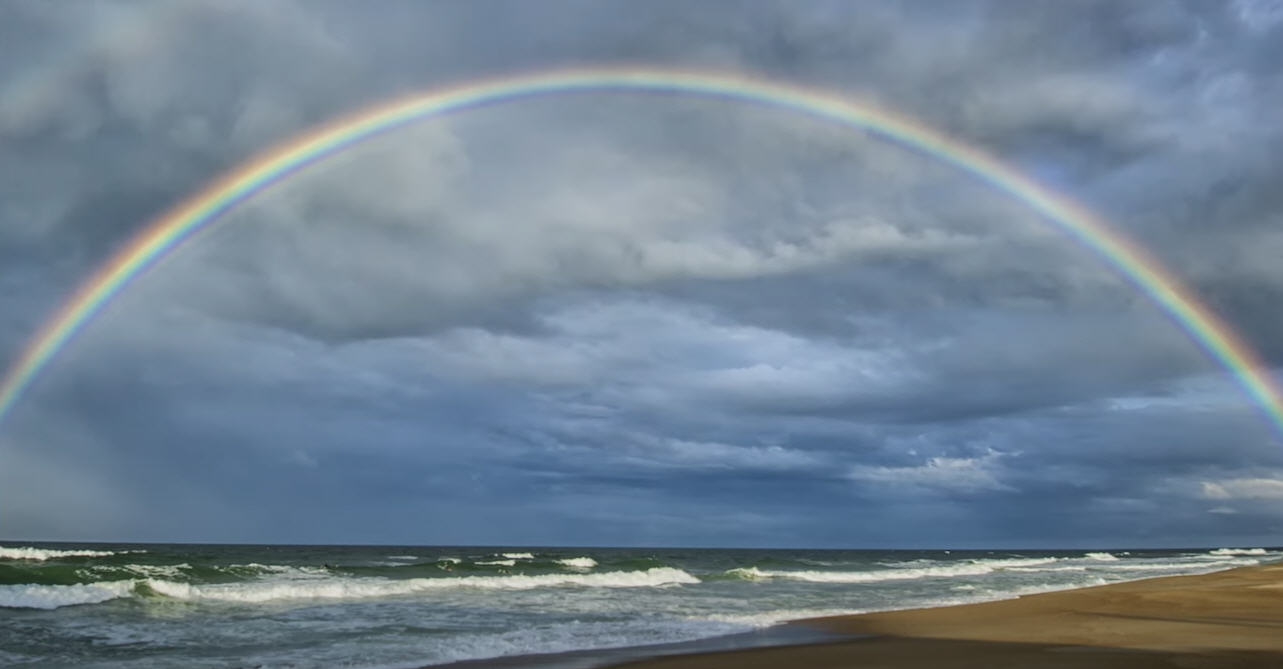Award-winning social worker learns new lessons as a hurricane survivor herself
By JOY CRIST
Ashley Jackson, a social worker on Hatteras Island with the Dare County Department of Health & Human Services, was named the Dare County Employee of the Year for 2016 for her continual efforts after Hurricane Matthew – even when her own home was flooded with 10 inches of water.
She was presented the award at the January 3, 2017 meeting of the Dare County Board of Commissioners and was recognized for her outstanding service to those she serves.
Each month, the county names an Employee of the Month and the 12 of them compete for the employee of the year. Jackson was the employee of the month for November.
“They gave me a head’s up for the employee of a month, which I was grateful for. I like to be prepared by nature,” says Jackson. “But I was completely shocked with the employee of the year. I had no idea that was coming, and [my] supervisor even made arrangements for my family and friends to come down from Virginia to be there.”
Jackson was nominated by numerous coworkers and Dare County Emergency Management Director Drew Pearson to receive the award. As one of Ashley’s peers stated during the nomination process, “While her actions alone would qualify her for this award, the fact that she worked so tenaciously to help others while her own home was damaged and family displaced underscores her commitment to her work and Dare County.”
Jackson has worked for the Social Services Division since beginning her career with Dare County in 2009, and she operates out of the Health & Human Services Frisco Campus on Hatteras Island.
During Hurricane Matthew, like many Hatteras village residents, she watched as the flooding rose higher and higher, eventually making its way into the first floor of her home.
“We were kind of expecting it,” she says. “It had gotten to our top step in Hermine, and I had happened to see Beth Midgett [before the storm] who said that Matthew was forecast to be 1 to 2 feet above Hermine. So we prepared for the worst and hoped for the best. We moved important things to the second floor, but it still took us a little by surprise because the house didn’t have water in it since Isabel.”
After the storm, with her home uninhabitable, Ashley and her family – her husband K.D., their 3-year-old daughter Ava and 10-month-old son Cash, and their mixed golden retriever-Labrador rescue dog — made a temporary move. “My husband’s family lived in Buxton, and they generously took us all in, which includes our two kids and the dog. We have been staying there since the hurricane happened.”
Ashley has been living on Hatteras Island for seven years, but her husband K.D. and his family are native to the island. K.D. works for the Dare County Water Department and was working hard after the storm as well. Her father-in-law also has ties to the county, working at Dare County Public Works, while her mother-in-law is able to help out at home by being a full-time grandmother.
And having the extra help came in handy, because immediately after the storm, Ashley went back to work.
“We did not work on Sunday when the storm was still moving on out, but on Monday morning, myself and Stephanie Bowers – who lives in Avon but works in Manteo – checked in with the fire department [and other organizations] to let them know that we would need support and supplies.”
Recognizing that Hatteras village was fairly self-sufficient and close knit, she turned her attention to Frisco where the inherent layout of the town, which included properties that were more spread out or hidden along dirt roads, made it more difficult to identify families and residents in need.
Ashley started going door to door in Frisco, checking in on people who were affected, and seeing what they needed. If people weren’t able to stay at their home, Social Services found spaces at the Hatteras Marlin Motel, which offered rooms for free, and other local accommodations.
“The first couple days we were assessing damage and bringing general supplies, and helping people as needed,” she says. “We were seeing what their needs were, and making sure people were taken care of and had a safe space to stay in order to start tearing out their houses.”
“I was surprised at the amount of damage in Frisco,” she adds. “In talking to members of the community, many said they never had water there in their life – not even close. They had not experienced anything like this before.”
The first few days were challenging. Faced with flooding, massive clean-up, and massive paperwork on the horizon, many people didn’t know exactly where to start first – a feeling that Ashley, whose own home had been damaged beyond being livable – could relate to.
“A lot of people were still in shock and didn’t even really know what to say or how to answer. ‘How are you doing and do you need help?’ It’s a loaded question,” she says. “And, being a victim, I realize how hard that question is to answer. You’re looking at your stuff, and the damage, and wondering ‘Is the house going to be fixed? Where are we going to stay?’ It took time for people to figure out what they really needed.”
As the ball began to roll and people were able to gather more information, supplies and funds from insurance companies, FEMA, and local organizations, the situation across the board began to get better.
Jackson says that many local organizations and community members continually helped along the way, such as Jenn Augustson who took the reins of the Really, Really Free Market and was able to deliver much needed supplies and donated items to locals who needed help.
Friends and eventually the Hatteras Island Christian Fellowship helped Ashley and K.D. tear down their own home.
“K.D. and I would go down after work around 7-8 p.m. and work as long as we could most nights as well as on days off and weekends., she says. “My in-laws watched the kids at night and Kyle’s Munchkin Academy put up with us having a few late pick-ups, thankfully!!”
Jackson reports that the caseload is easier today, three months after Matthew’s October arrival, but her team is still working to ensure local residents are still on the road to getting back to normal.
“With the New Year, cases are getting a little more settled with progress being made,” she says. “We’re still working with the Methodist Men and Interfaith Community Outreach to match people with funds or housing, and we’re making sure people who were displaced have a plan.”
As for Ashley, she and her family are still staying in Buxton as her Hatteras house is raised, and the first floor – where the majority of their living space is located – is being gutted and repaired.
She says the experience of being displaced herself has had a huge effect on her job as a social worker on Hatteras Island.
“I think when you go into people’s homes, and they’re devastated and destroyed, it’s easy to have empathy and want to support them as much as possible,” she says. “But going through it yourself, and seeing how stressful and difficult it is to work on your home, find a place to stay, work with the insurance company, FEMA, SBA – it took it to another level for me in terms of empathy. You’re dealing with all this chaos in your life, and it can be overwhelming.”
“While I thought that I understood how difficult going through a [storm] event could be, it added an entirely new perspective.”


